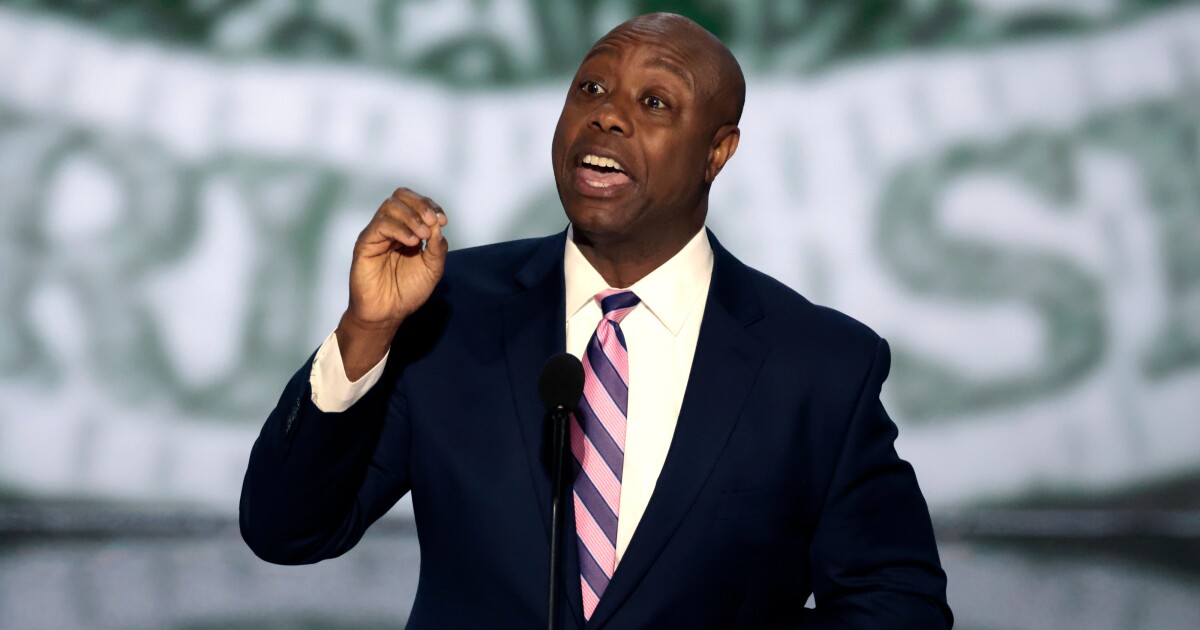WASHINGTON — The Senate Banking Committee’s contribution to the
The bill would drastically change the funding structure of the CFPB by removing its ability to fund itself by receiving funds from the Federal Reserve. The bureau would instead be subject to regular congressional appropriations, a
It’s an even deeper cut to the CFPB than the version of the bill that passed out of the
The House bill caps the CFPB’s budget at 5% of the Federal Reserve’s total operating budget for 2009, a figure House Financial Services Committee Chairman French Hill, R-Ark., said would amount to roughly $249 million. The CFPB’s estimated operating budget for the 2024 fiscal year was $684.9 million.
“Congress has a mandate to deliver President Trump’s agenda for the American people — and that means streamlining the federal bureaucracy, cutting red tape, and saving taxpayer dollars,” said Senate Banking Committee Chairman Tim Scott, R-S.C., in a statement. “As Chairman of the Senate Banking Committee, I’ve worked with my colleagues on the committee, across the Senate, and on the other side of the Capitol to carefully scrutinize programs and spending within our jurisdiction and identify efficiencies and cost savings. This legislation takes important steps to reduce waste and duplication in financial regulation while bolstering our national security, and I look forward to advancing these provisions as part of the One Big Beautiful Bill.”
There’s some question on whether or not this provision will pass muster with a Senate parliamentary rule known as the Byrd rule, which prohibits “extraneous” items from being added to the budget reconciliation process.
The final decision on whether the CFPB budget provision or others will be included in the final bill lies with the Senate parliamentarian. But committee Democrats wasted little time in criticizing the bill, with ranking member Elizabeth Warren, D-Mass., saying the bill undercuts critical protections put in place after the global financial crisis of 2008.
“This bill goes beyond the already extreme House bill and is yet another example of Republicans’ reckless and bloodthirsty pursuit of destroying the CFPB — an agency that has returned over $21 billion to scammed Americans — by any means necessary, after failing to get their way in court,” Warren said in a statement. “Their bill also guts other regulators created after the 2008 crisis that help keep our financial system safe. This will not stand — and don’t just take it from me, take it from the litany of Senate Republicans who are on the record saying this violates Senate rules. Democrats will fight this attack on American consumers.”
The Senate Banking Committee legislation would also eliminate the Public Company Accounting Oversight Board — a move also taken in the
The bill would also postpone the implementation of Dodd-Frank Section 1071, the small-business lending data collection rule. It would also sweep unused money from and eliminate a fund at the Securities and Exchange Commission that allows the agency to spend money on technology modernization.







